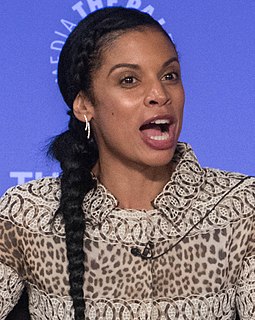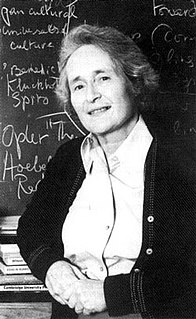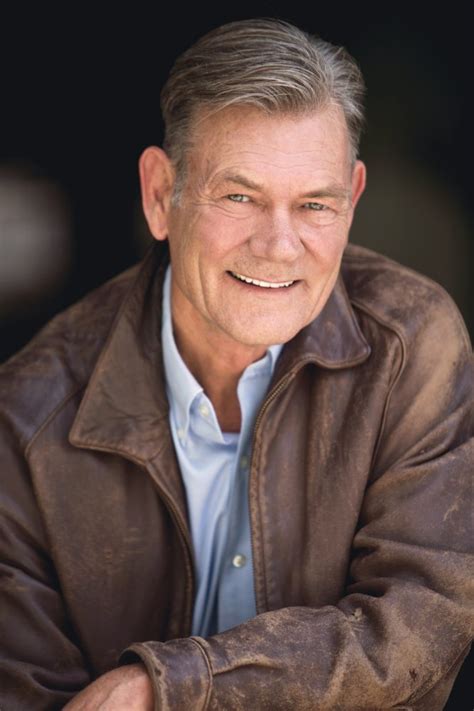A Quote by Charles Simonyi
Programming today is the opposite of diamond mining. In diamond mining you dig up a lot of dirt to find a small bit of value. With programming you start with the value, the real intention, and bury it in a bunch of dirt.
Related Quotes
I am sifting my memories, the way men pan the dirt under a barroom floor for the bits of gold dust that fall between the cracks. It's small mining-- small mining. You're too young a man to be panning memories, Adam. You should be getting yourself some new ones, so that the mining will be richer when you come to age.
Dirt's a funny thing,' the Boss said. 'Come to think of it, there ain't a thing but dirt on this green God's globe except what's under water, and that's dirt too. It's dirt makes the grass grow. A diamond ain't a thing in the world but a piece of dirt that got awful hot. And God-a-Mighty picked up a handful of dirt and blew on it and made you and me and George Washington and mankind blessed in faculty and apprehension. It all depends on what you do with the dirt. That right?
In South Africa, they dig for diamonds. Tons of earth are moved to find a little pebble not as large as a little fingernail. The miners are looking for the diamonds, not the dirt. They are willing to lift all the dirt in order to find the jewels. In daily life, people forget this principle and become pessimists because there is more dirt than diamonds. When trouble comes, don’t be frightened by the negatives. Look for the positives and dig them out. They are so valuable it doesn't matter if you have to handle tons of dirt.
If we can abstract pathogenicity and hygiene from our notion of dirt, we are left with the old definition of dirt as matter out of place. This is a very suggestive approach. It implies two conditions: a set of ordered relations and a contrevention of that order. Dirt then, is never a unique, isolated event. Where there is dirt there is a system. Dirt is the by-product of a systematic ordering and classification of matter, in so far as ordering involves rejecting inappropriate elements.
My impression was and is that many programming languages and tools represent solutions looking for problems, and I was determined that my work should not fall into that category. Thus, I follow the literature on programming languages and the debates about programming languages primarily looking for ideas for solutions to problems my colleagues and I have encountered in real applications. Other programming languages constitute a mountain of ideas and inspiration-but it has to be mined carefully to avoid featurism and inconsistencies.



































